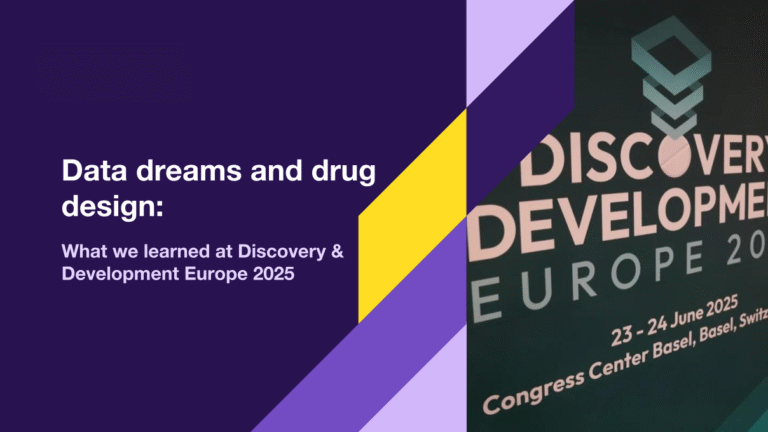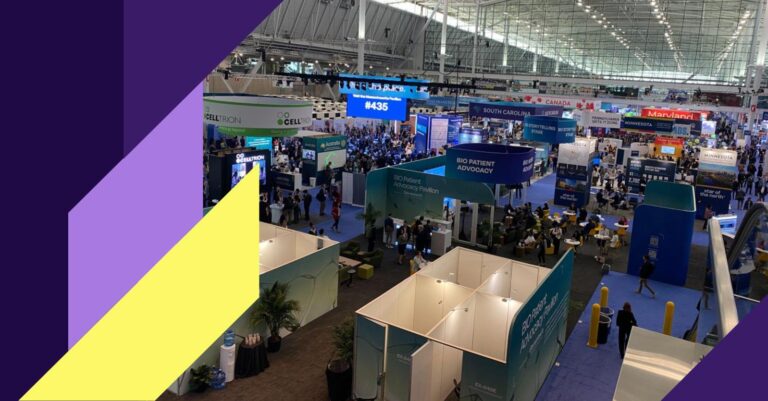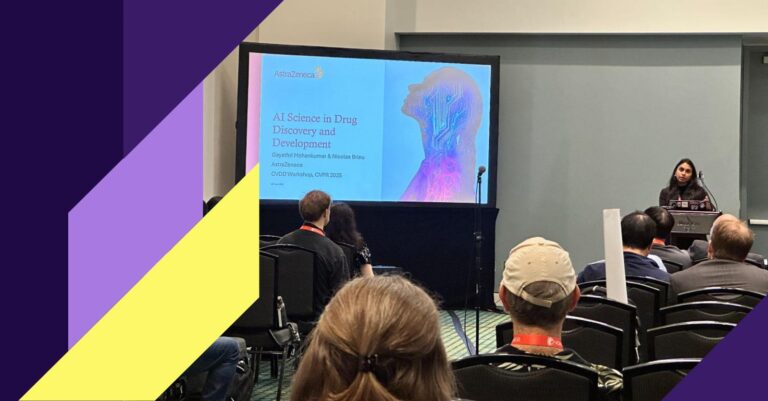Accounting for immune escape mechanisms in personalized and shared neoantigen cancer vaccine design
Presenter/Authors: Alexander Myronov, Iga Niemiec, Katarzyna Gruba, Giovanni Mazzocco, Anna Sanecka-Duin, Piotr Skoczylas, Michał Drwal, Jan Kaczmarczyk, Piotr Stepniak
Cancer IEMs induced by negative selective pressure on tumor cells can have dramatic effects on immunotherapy treatment outcome. IEMs occurring during cancer evolution have been shown to facilitate loss of mutation-associated neoantigens (Anagnostou et al. Cancer Discov 2017). These mechanisms include: Loss of Heterozygosity (LOH), underexpression of HLA genes and mutations in the neoantigen presentation machinery.
During cancer evolution, the initially arising clonal neoantigens may be shared across many patients, followed by predominantly subclonal private neoantigens. The propensity of shared neoantigens to be clonal makes them promising candidates for the development of off-the-shelf cancer vaccines.
In order to optimize patient treatment strategies and qualify patients for either shared or private neoantigen-directed therapy, it is crucial to correctly assess the indication-specific IEMs and neoantigen landscape in both hot and cold tumors.
We carry out an extensive analysis of tumor neoantigen landscape from different indications based on TCGA, on Parkhurst et al. Cancer Discov. 2019 and other available data for selected indications (including MEL, NSCLC, CRC, and GBM). Using bioinformatics methods we investigate IEMs and their potential effects on the plasticity of neoantigen repertoires including enrichment of immunogenic neoantigens within the predicted vaccine composition, computed per patient. Immunogenicity is assessed using advanced deep learning models for neoantigen presentation and functional T-cell response prediction (Mazzocco et al., poster presented at SITC 2019).
We present the results of the comparison between different cancer indications including CRC, MEL, NSCLC and GBM using TCGA patient data and GI-tract cancer patients with validated T-cell responses. We present the frequency of particular immune evasion events, pointing out the differences in the number and quality of immunogenic neoepitopes (both shared and private) under those conditions and provide summary statistics.
As a result, we draw conclusions for vaccine design strategies, which are informed by the investigation of immune evasion events and are tested on selected datasets including experimentally-validated neoantigen responses.




